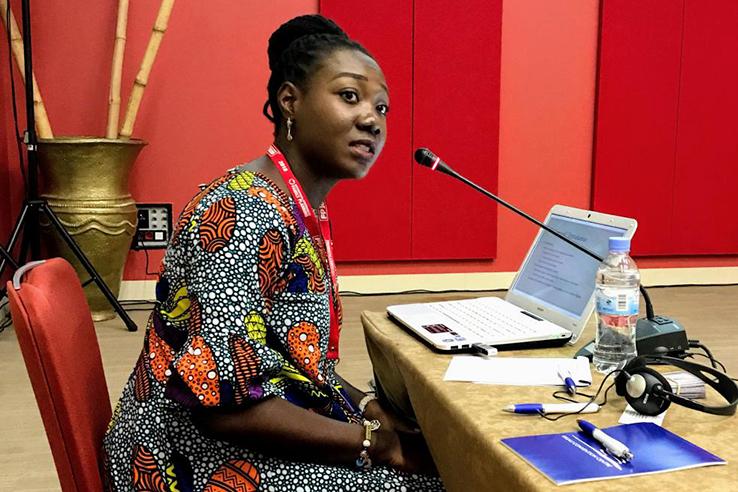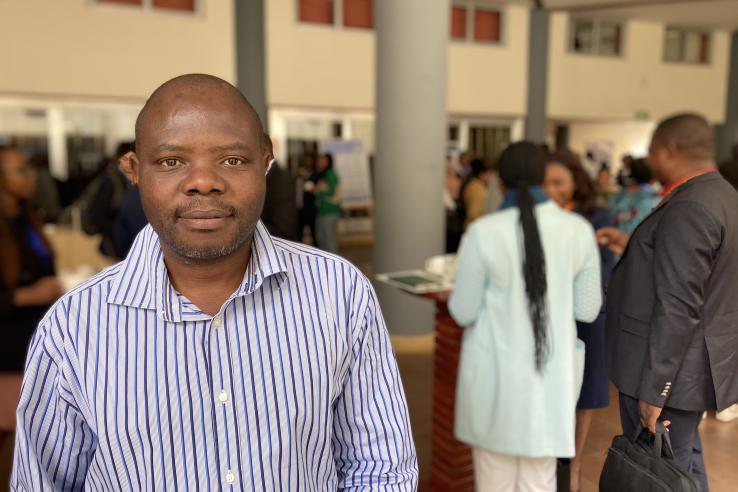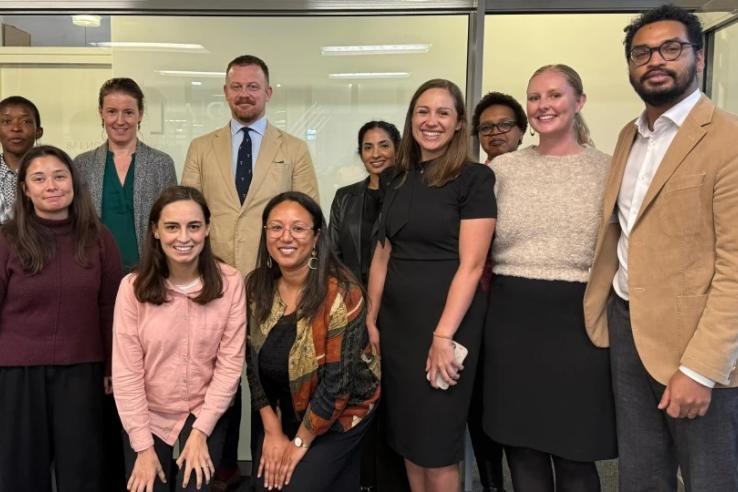Displaying 3871 - 3885 of 8489
Blog
In this post we speak with Dr. Nkechi Owoo, a senior lecturer in the Department of Economics at the University of Ghana. Nkechi’s primary research interests relate to gender, health, demography, and poverty alleviation.
Blog
This post is part of our ongoing series showcasing the work and perspectives of economists from the African continent who are leading randomized evaluations. Through our African Scholars Program, we hope to help create more opportunities for African researchers to advance the research agenda on the...
Blog
In this spotlight, we speak with Arinze Nwokolo, Assistant Professor at the Lagos Business School in Nigeria. Arinze’s primary research interests focus on development, behavioral, and organizational economics as well as public policy, political economy, and finance.
Blog
Through our African Scholars Program, we hope to help create more opportunities for African researchers to advance the research agenda on the continent through randomized evaluations. In this spotlight, we speak with Robertson Khataza of the Lilongwe University of Agriculture and Natural Resources...
Blog
This post is part of our ongoing series showcasing the work and perspectives of economists from the African continent who are leading randomized evaluations. In this spotlight, we speak with Jaah Mkupete, a lecturer of economics at the University of Dar es Salaam.
Update
J-PAL Updates
J-PAL Latin America and the Caribbean (LAC) is working to support the use of evidence during the journey to COP30 in the Amazon, participates in the launch of a new global alliance for higher education, and promotes communities of practice for exchanges among public policy professionals on what...
Event
Attend our sixty-minute webinar on October 22 at 9:00 am ET to learn about the admissions process for MIT's Master of Applied Science in Data, Economics, and Design of Policy (DEDP).
Research Paper
File: Research paper
Research Paper
File: Research paper
Update
J-PAL Updates
The Emissions Market Accelerator provides a custom-built solution to make emissions markets work anywhere, for any pollutant, by supporting governments from design to full operation.
Update
J-PAL Updates
The AI Evidence Alliance for Social Impact will advance the evidence-informed deployment of artificial intelligence solutions for social good in Africa and Asia. AEASI was announced in Cape Town at the AI for Africa Conference, hosted by the South African G20 presidency, the African Union and UNESCO...
Update
J-PAL Updates
Set to commence in 2024, the Center for Learning in Evaluation and Results for Latin America and the Caribbean (CLEAR-LAC) will find its new home at the prestigious Catholic University of Chile. The Center will be an implementing partner of the GEI and contribute to its mission by supporting the...
Update
J-PAL Updates
JEEViKA, Bandhan-Konnagar, and J-PAL South Asia launch the Satat Jeevikoparjan Yojana Playbook to double down on the fight against extreme poverty at scale.
Update
J-PAL Updates
The Abdul Latif Jameel Poverty Action Lab (J-PAL) at MIT is partnering with University Mohammed VI Polytechnic (UM6P) to form the UM6P-J-PAL Agricultural Lab for Africa. Hosted at UM6P in Morocco, the lab will work to design and implement rigorous impact evaluations of policies and programs that...
Update
J-PAL Updates
The Agricultural Technology Adoption Initiative today launched a data portal to share harmonized data from randomized evaluations of agriculture programs.










